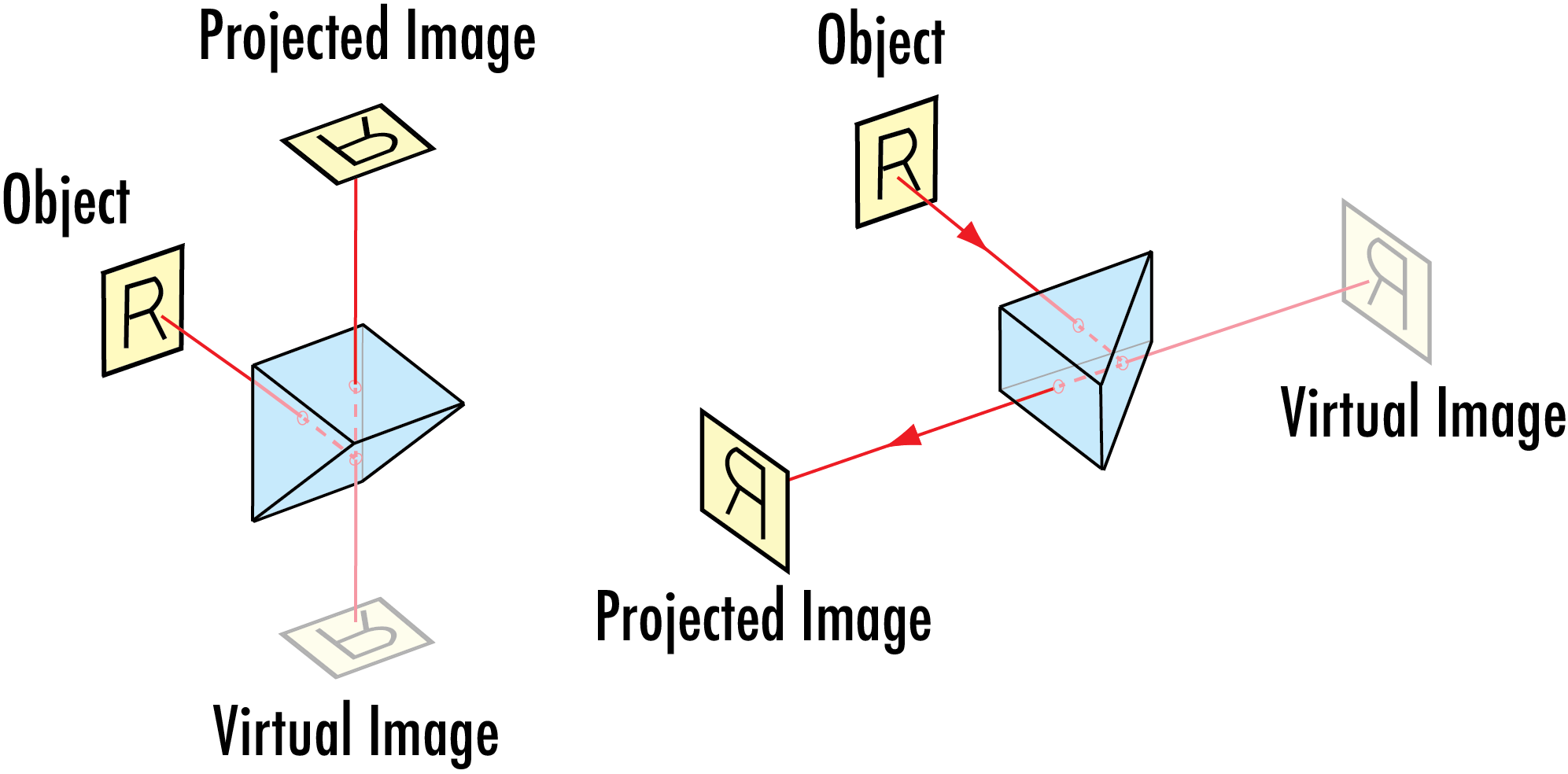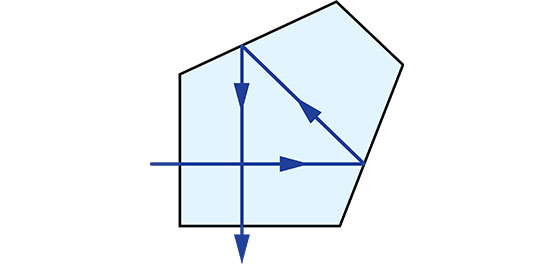Edmund Optics uses cookies to optimize and enhance the features and content on our website. Click “OK” for the full user experience, you can view additional information on the cookies we use by clicking the “Details” button. We do NOT sell your information from marketing cookies, we use it to improve ONLY YOUR experience with Edmund Optics.
- Necessary cookies help make a website usable by enabling basic functions like page navigation and access to secure areas of the website. The website cannot function properly without these cookies.
- Cloudflare1Learn more about this provider__cf_bmThis cookie is used to distinguish between humans and bots. This is beneficial for the website, in order to make valid reports on the use of their website.
- edmundoptics.co.uk2@@lc_auth_token:5237381lc_auth_token: stores the authorization token that is used by the website's chat-box API. This information includes the token itself, as well as the info on when this token will expire.QuoteIDStores the ID of your quotation cart.
- www.edmundoptics.co.uk1CookieConsentStores the user's cookie consent state for the current domain
- Cloudflare
- Preference cookies enable a website to remember information that changes the way the website behaves or looks, like your preferred language or the region that you are in.
- edmundoptics.co.uk1chatEngagedIndicates whether the user has interacted with the website's chat-box, in order to determine whether they should be shown chat invites.
- edmundoptics.co.uk
- Statistic cookies help website owners to understand how visitors interact with websites by collecting and reporting information anonymously.
- edmundoptics.co.uk2ce_diff_timeUsed by Crazy Egg to offset time for analytics purposes.ce_ip_addressUsed by Crazy Egg to store the user's IP address.
- edmundoptics.co.uk
- Marketing cookies are used to track visitors across websites. The intention is to display ads that are relevant and engaging for the individual user and thereby more valuable for publishers and third party advertisers.
- edmundoptics.co.uk6_gaexpThis cookie is used by Google Analytics to determine if the visitor is involved in their marketing experiments.gwccEnables Google Website Call Conversions - This registers if the visitor has clicked on call within the "contact us" sub-page. This information is used for statistics and marketing purposes.mTracking pixel used by South Korean Company, Naver Analytics to track website engagementNWBUsed by South Korean Company, Naver Analytics for web analytics that tracks and reports website trafficNWB_LEGACYUsed by South Korean Company, Naver Analytics for web analytics that tracks and reports website trafficwcs_btUsed by South Korean Company, Naver Analytics for cross site web analytics
- edmundoptics.co.uk
- Unclassified cookies are cookies that we are in the process of classifying, together with the providers of individual cookies.
We do not use cookies of this type.
Cookies are small text files that can be used by websites to make a user's experience more efficient.
The law states that we can store cookies on your device if they are strictly necessary for the operation of this site. For all other types of cookies we need your permission.
This site uses different types of cookies. Some cookies are placed by third party services that appear on our pages.
You can at any time change or withdraw your consent from the Cookie Declaration on our website.
Learn more about who we are, how you can contact us and how we process personal data in our Privacy Policy.
Please state your consent ID and date when you contact us regarding your consent.
Most web browsers allow you to view your cookies in the browser preferences, typically within the "Privacy" or "Security" tab. Some browsers allow you to delete specific cookies or even prevent cookies from being created. While disallowing cookies in your browser may provide a higher level of privacy, it is not recommended since many websites require cookies to function properly. Alternatively, you can visit www.aboutcookies.org which provides directions on how to block or delete cookies on all major browsers.









































or view regional numbers
QUOTE TOOL
enter stock numbers to begin
Copyright 2023 | Edmund Optics, Ltd Unit 1, Opus Avenue, Nether Poppleton, York, YO26 6BL, UK
California Consumer Privacy Acts (CCPA): Do Not Sell or Share My Personal Information
California Transparency in Supply Chains Act